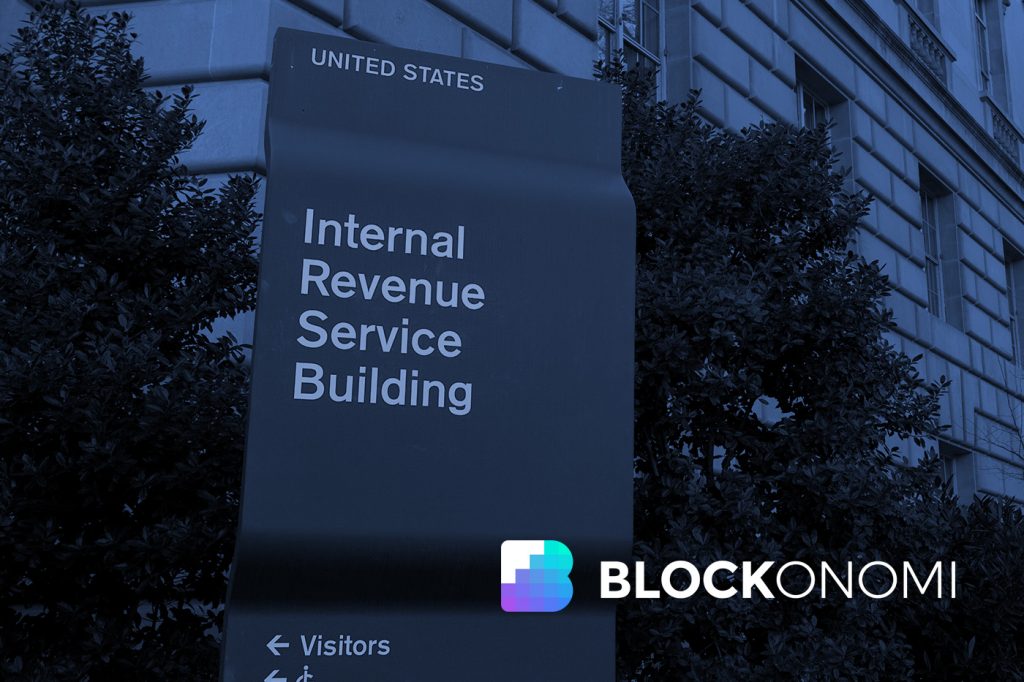The US Department of Justice has allowed the IRS to request transaction records of users who moved more than $20,000 between 2016 to 2020.
The requests, commonly referred to as a 'John Doe summons', these summonses aim to uncover details about any American taxpayers meeting these criteria, extending to Kraken and its parent company Payward Ventures Inc.
David A. Hubbert, Acting Assistant Attorney General of the Justice Department's Tax Division, commented on the ruling:
\"The summons approved today allows us to gather crucial data to ensure crypto owners comply with tax laws. Anyone dealing in cryptocurrency has the same tax obligations as any other citizen.\"
The IRS is investigating a specific group of individuals it suspects might not have adhered to tax laws, potentially leading to financial and legal repercussions for those involved.
While the press release states that Kraken isn't currently suspected of any misconduct but the IRS will also examine if the exchange has followed existing rules, like anti-money laundering and know-your-customer (KYC) protocols.
Issuing Summons is Becoming Commonplace
The Justice Department's action isn't isolated since the agency has previously let the IRS issue a John Doe summons to both Coinbase and Circle Internet Financial.
The DOJ approved a similar request for Coinbase back in November 2016, stating at the time, 'Transactions involving virtual currencies are taxable just like any other form of property.'
In that case, the summons lacked a minimum transaction threshold for users whose information was requested, drawing criticism from the crypto community.
This year saw another summons approved, prompting Circle, the Boston-based digital currency exchange, to submit data.
These actions occur while government bodies increasingly focus on regulating cryptocurrencies, targeting platforms and users leveraging the technology to skirt local financial laws.
Declare Your Crypto: IRS
With digital currencies gaining traction, the IRS has more incentives to ask exchanges and users to report their digital transactions as this may represent a significant revenue stream for the US Government.
Although the US is still working towards regulatory clarity, this hasn’t stopped agencies from targeting private investors and crypto firms involved in the space.
The John Doe summonses approved by the DOJ are examples of demanding data from a period when crypto tax regulations were unclear, complicating an already intricate national tax system.
The rise of Decentralized Exchanges and similar platforms has been propelled by regulations and tax measures on digital assets, as they eliminate the need for invasive practices like Anti-Money Laundering and Know-Your-Customer requirements, clashing with the principles many crypto enthusiasts cherish.
While crypto regulations can legitimize the industry, they might also discourage private entities from investing in developing new tech and services subject to regulatory scrutiny.
Crypto's inherent traits can make complying with information requests and other regulations cumbersome and costly.





